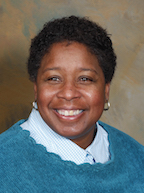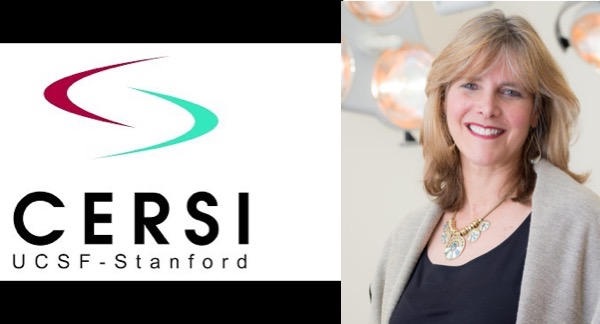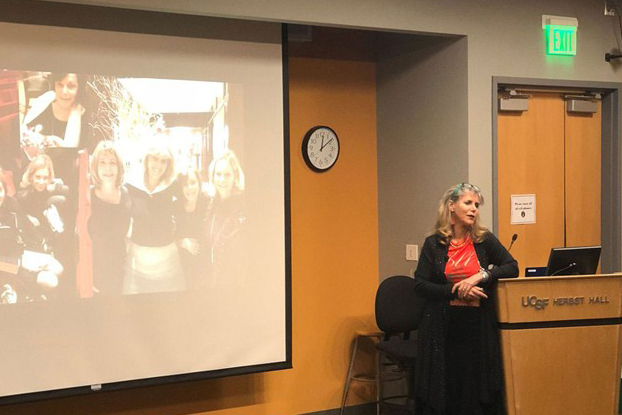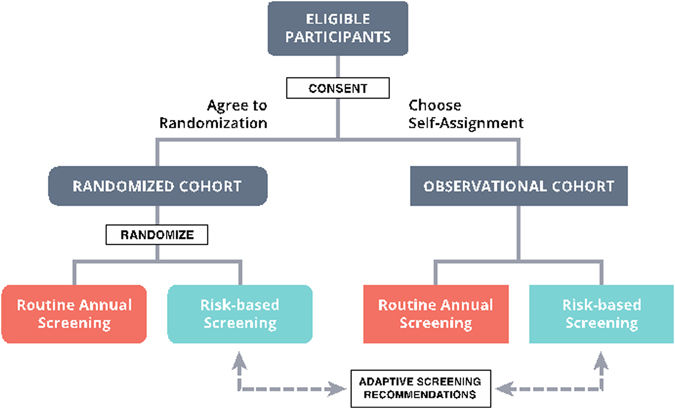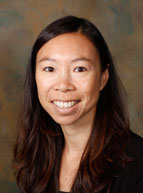Breast Cancer
A new diagnosis of breast cancer is often paired with difficult sensations, emotions and responses including fear, shock, numbness and disbelief, anger, betrayal, grief and sadness. In the midst of emotional and potential financial stressors, information must be gathered and a new language of medical terms learned. Treatment choices must be understood and difficult decisions made. Women often report being overwhelmed or at least intensely challenged to make sense of the medical maze.
Three specialty areas of central importance in the treatment of breast cancer include: surgical oncology, medical oncology and radiation oncology. Not everyone is treated with all of these, but each is weighed for the benefits offered and for the potential risks incurred. Each of these areas can be thought of as a treatment building block.
These treatments may be given in different order and over differing amounts of time. An individual treatment plan is recommended based on the stage and biological behavior of the breast cancer, as well as the individual preferences of the newly diagnosed patient. A combination of treatment strategies is often the best method to treat the cancer and prevent its recurrence.
People respond differently to treatment and its side effects. Individuals feel and think differently in regard to diagnosis and treatment. Breast cancer survivors teach us that while these treatments can be difficult, the care and support they receive from their medical team and their loved ones can help greatly to weather this period.
Learn more at UCSF Carol Franc Buck Breast Care Center
The following information is from the National Cancer Institute (NCI) in unedited form.


